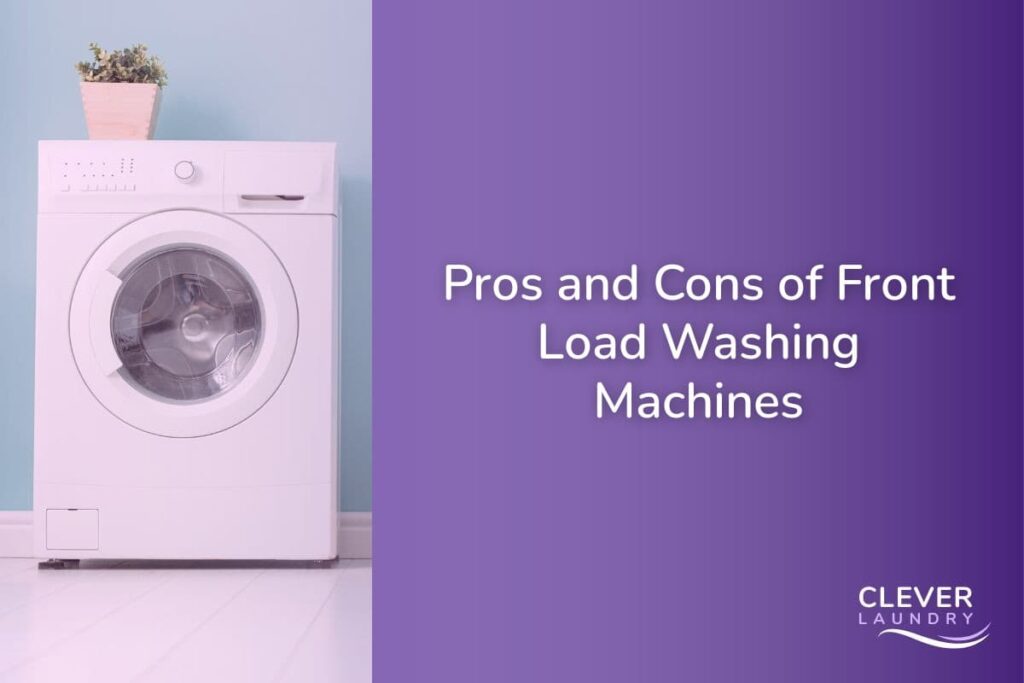Front load washing machines have become increasingly popular in recent years due to their efficiency and energy-saving capabilities. These machines are designed to use less water and detergent, making them eco-friendly and cost-effective. However, like any appliance, front load washing machines have their pros and cons.
One of the most significant advantages of front load washing machines is their ability to save water and energy. They use less water than top load machines, and they spin faster, which means clothes come out drier, reducing drying time and energy usage. In addition, front load machines tend to be more gentle on clothes, resulting in less wear and tear. However, there are also some disadvantages to consider when deciding whether to purchase a front load washing machine.
One of the main cons of front load washing machines is their tendency to develop mold and mildew. Because of their design, water can get trapped in the door gasket and detergent dispenser, creating a breeding ground for bacteria. Additionally, front load machines can be more expensive than top load machines, which may not fit everyone’s budget. Despite these drawbacks, front load washing machines remain a popular choice for those looking to save money and energy while doing laundry.
Pros and Cons of Front Load Washing Machines
Pros
Front-load washers have become increasingly popular in recent years, and for good reason. Here are some of the advantages of using a front-load washing machine:
- Efficiency: Front-load washers are generally more energy-efficient and use less water than top-load washers. They also tend to have higher spin speeds, which means clothes come out drier and require less time in the dryer.
- Cleaning Power: Front-load washers use a tumbling motion to clean clothes, which is gentler on fabrics and can result in better cleaning results. They also use less detergent than top-load washers.
- Quieter: Front-load washers are generally quieter than top-load washers, especially during the spin cycle.
- Accessibility: Front-load washers are typically easier to load and unload than top-load washers, especially if they are stacked on top of a dryer or placed on a pedestal.
Cons
While there are many advantages to using a front-load washing machine, there are also some potential drawbacks to consider:
- Maintenance: Front-load washers require more maintenance than top-load washers, as they are more prone to mold and mildew buildup. They also require special detergent designed for high-efficiency models.
- Cycle Times: Front-load washers tend to have longer wash cycle times than top-load washers, which can be an issue if you need to do multiple loads of laundry in a short amount of time.
- Purchase Price: Front-load washers are generally more expensive than top-load washers, although prices have come down in recent years. Pedestals and stacking kits can also add to the overall cost.
- Accessibility: While front-load washers are easier to load and unload in some ways, they can be more difficult to access if you have mobility issues or are in a wheelchair.
Overall, front-load washing machines offer many advantages in terms of efficiency, cleaning power, and convenience. However, they do require more maintenance and can be more expensive than top-load washers. When deciding whether to purchase a front-load washing machine, it’s important to weigh the pros and cons and consider your specific needs and budget.

